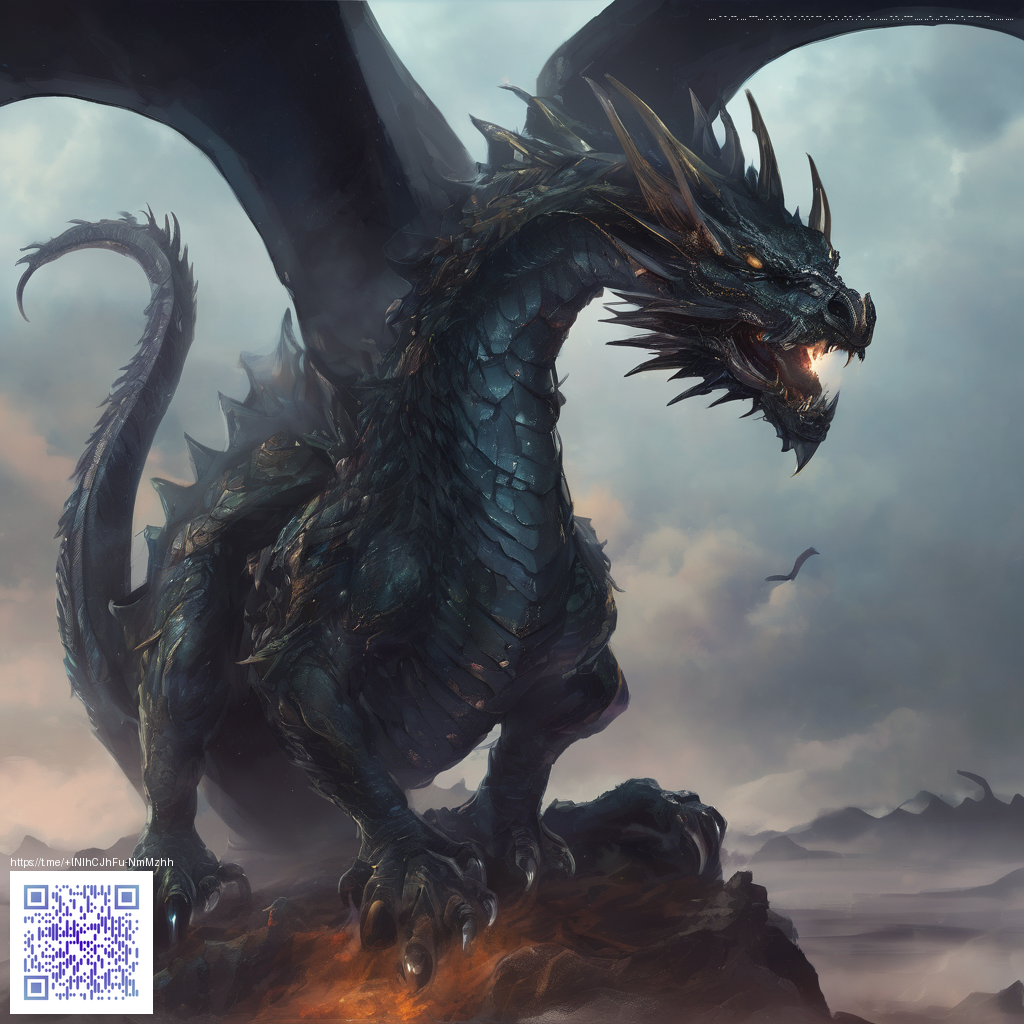
A living classic through the eyes of its modders
The Witcher 3: Wild Hunt burst onto PC in 2015 and instantly sparked a vibrant modding ecosystem. Players didn’t just tweak visuals or fix minor quirks; they reshaped combat, expanded quest lines, and even rebuilt entire UI systems. With a thriving modding community, the game stayed fresh years after its official launch, turning fan projects into a parallel evolution of the title.
From graphical overhauls that push texture fidelity on aging rigs to quality of life improvements that streamline inventory management, mods altered how the world feels and plays. A tastefully balanced mod loadout can make the Witcher’s swordplay feel sharper, the signs more responsive, and exploration less tedious. In many cases the most enduring updates come not from official patches but from the collaborative imagination of players who love the science of game design as much as the fantasy itself 🎮
Gameplay shifts that kept players coming back
Modders frequently target core systems to refine the experience. For example, combat overhaul mods rework encounter pacing, enemy telegraphs, and weapon feel to deliver a more deliberate risk versus reward loop. Other projects focus on quest pacing and map density, offering expanded hunts, new side stories, and rebalanced loot tables that reward exploration rather than railroading players through set pieces.
Quality of life mods also matter, letting players tailor the game to their playstyle. Axii and signs can be made more accessible, or even permanently active for those who want a more narrative combat flow. It’s not just about power fantasies; many players aim to reduce friction so they can spend more time savoring the world’s mood, lore, and character drama.
Insights from the community that keep the flame bright
Across forums and mod hubs, players frequently share what they love most about long term play. The best mods become communal language, with shared recommendations about compatibility, stability, and the order in which to install assets. Reddit threads and Nexus Mods pages often highlight tiny but impactful tweaks, like quest objective overlays or map markers that help in sprawling open world expeditions.
There are also classic examples that show off the culture of restoration and enhancement. One widely referenced idea is restoring cut content and dialogue through popular patchwork mods, a practice that not only fills gaps but deepens the player’s sense of the Witcher universe. The idea of a living, evolving game world is something that the community actively cultivates through collaboration and open dialogue.
Update coverage and the toolkit that unlocked broad creation
Industry observers noted that official updates often act as a catalyst for community creativity. A major turning point was the emergence of accessible mod tooling that allowed broader participation. The community’s ability to create new maps, quests, and gameplay tweaks is closely tied to these toolkit developments, which lower the barrier to entry for fans who want to contribute something tangible to the world.
Analysts and players alike point to how such tools democratize content creation. The result is a living ecosystem where new experiences arrive not just from dev teams but from people who love the game enough to invest time and skill into building something new. As long as the base game remains compelling, modders will find fresh angles to explore and refine.
Modding culture as a collaborative craft
The community has long embraced a spirit of collaboration. Mod managers and patch frameworks help players manage complex installations, resolve conflicts, and preserve compatibility across game editions. The enduring popularity of fan created resources demonstrates that a supportive ecosystem can extend a game’s lifespan far beyond typical lifecycle curves. It’s a testament to how community passion can turn a single title into a platform for ongoing experimentation.
Even when players diverge in taste — some chasing ultra realistic textures, others seeking quirky new quests — the shared love for the world and its stories binds the community. The result is a culture that treats every update as a chance to remix a classic, turning the game into a continually refreshed artifact that feels new with every patch or mod release.
For fans who want a tangible reminder that this is still a living project, a practical desk companion can keep the vibe close at hand. Explore a compact accessory that suits long sessions of practice and theory crafting alike.
Phone Stand Travel Desk Decor for Smartphones